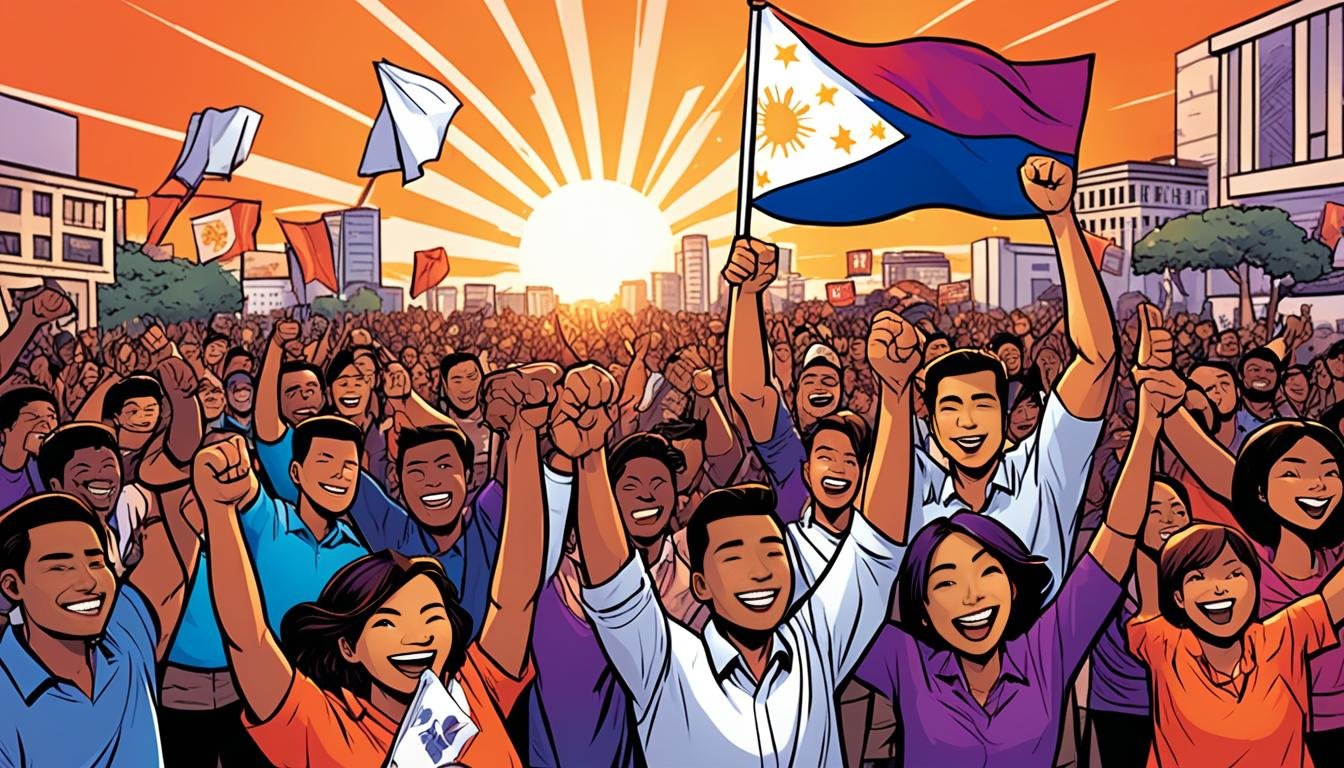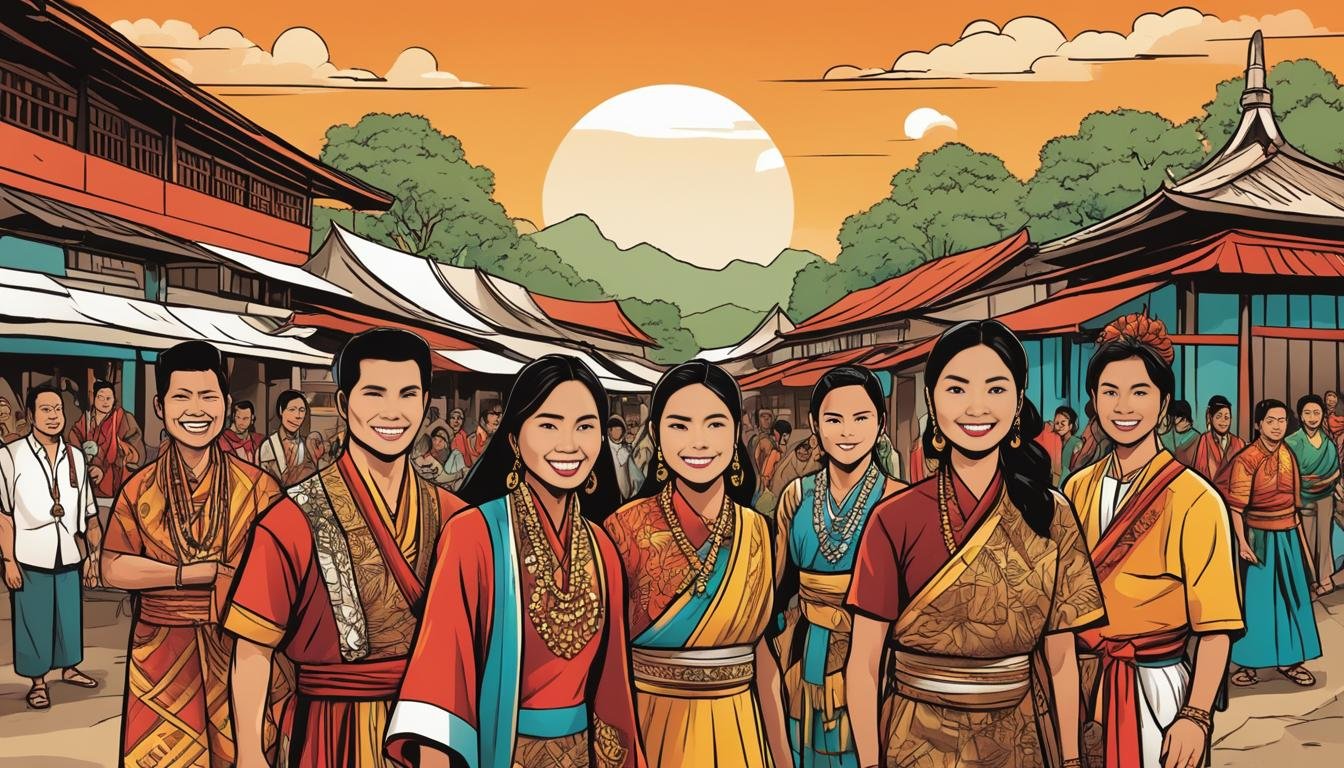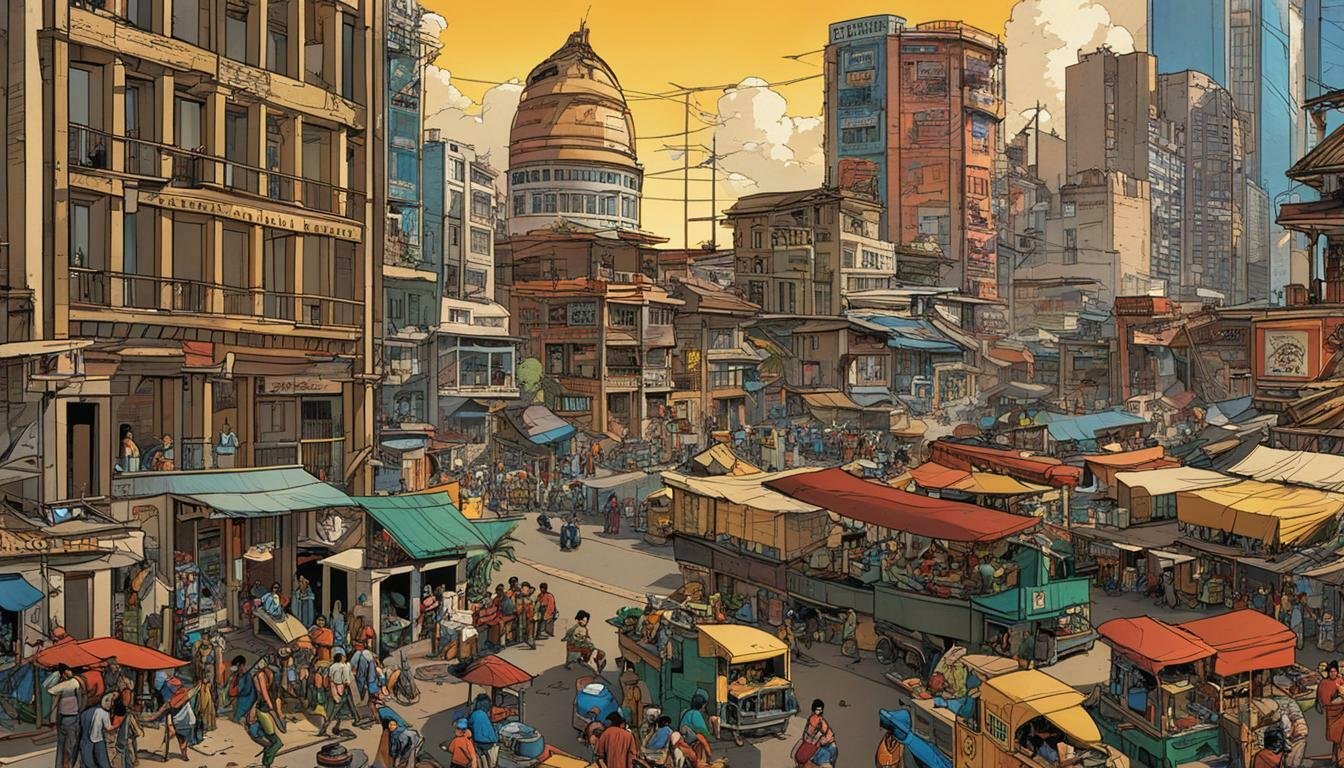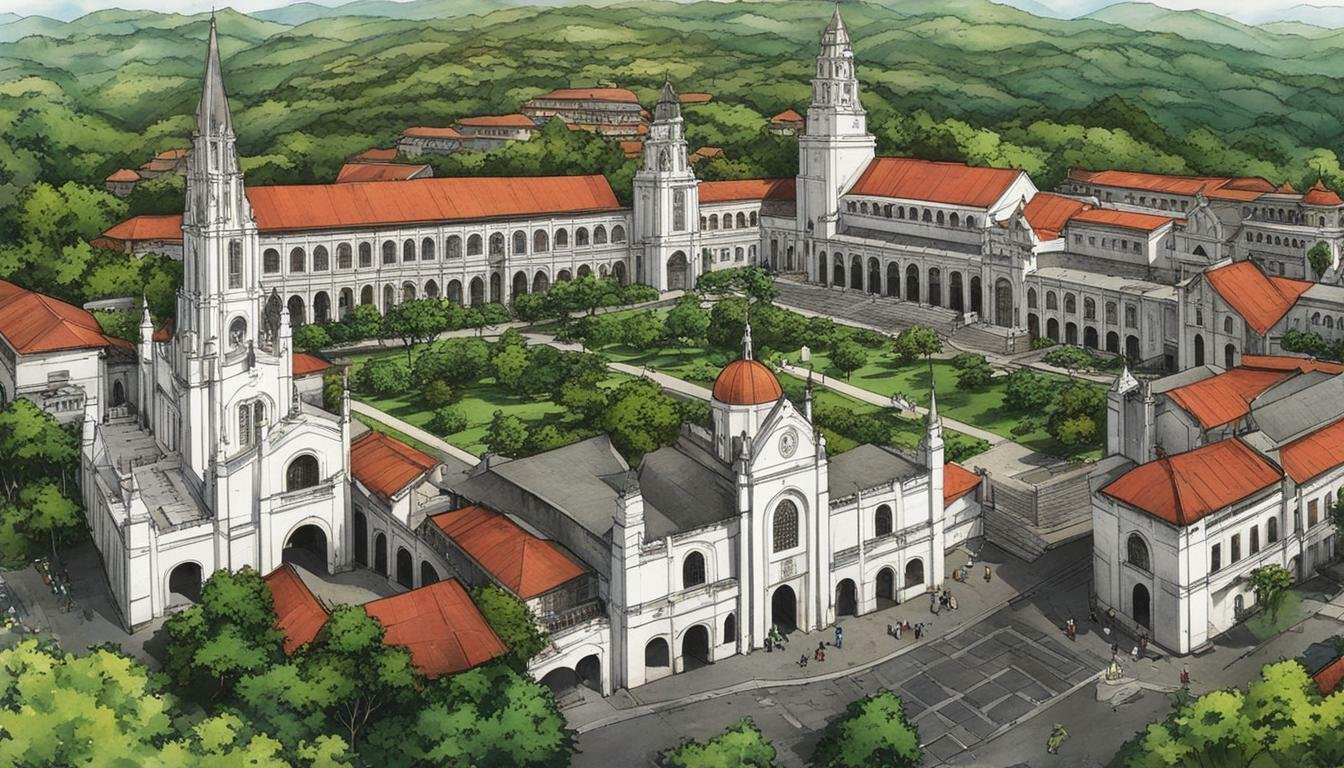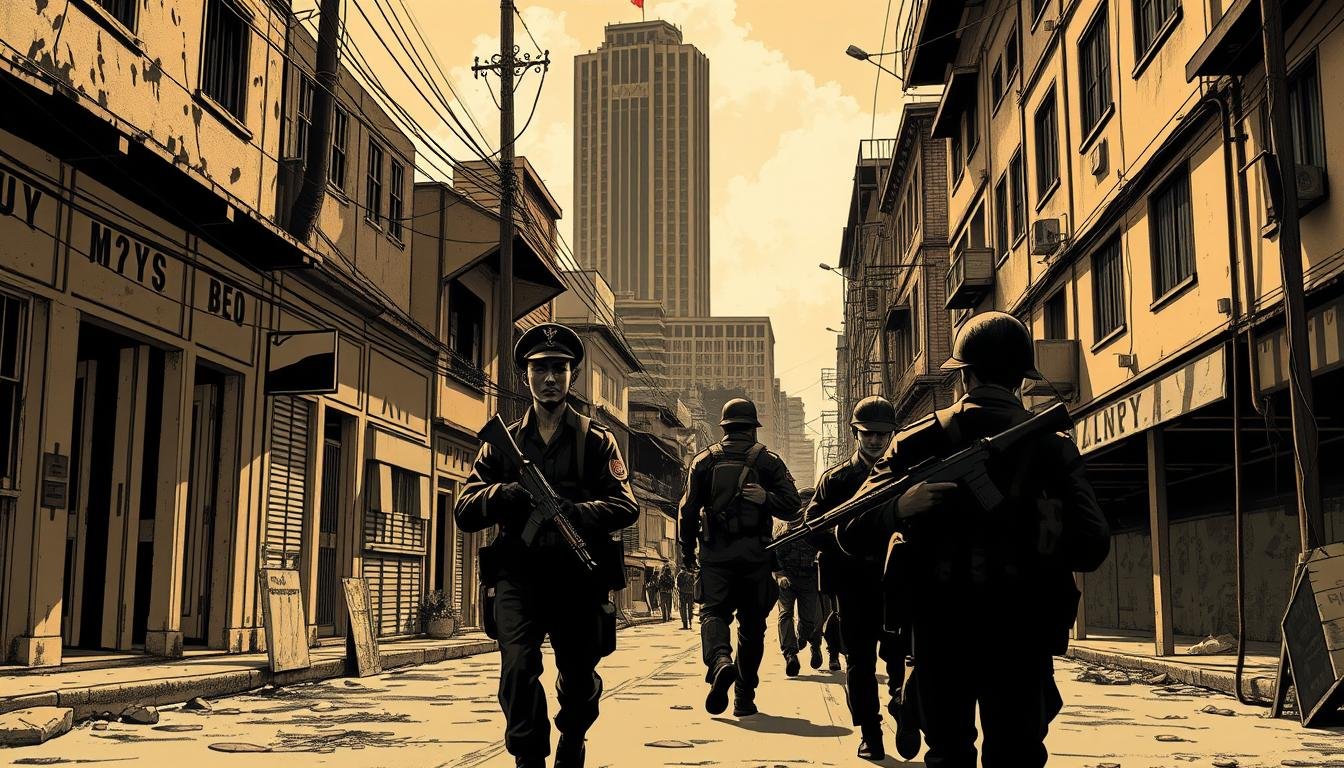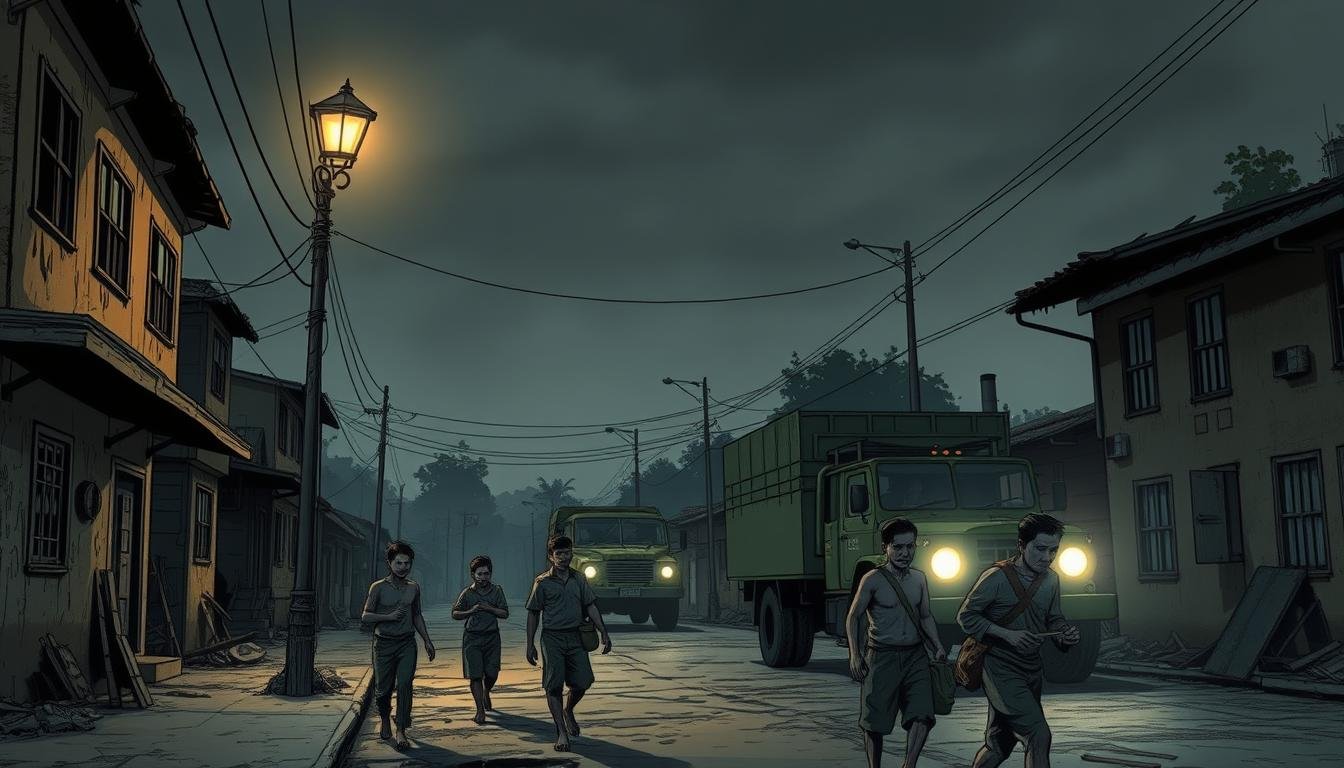The history of the Philippines is a compelling narrative of struggle, resilience, and the persistent pursuit of nationhood. For centuries under colonial powers—first Spain, then the United States—the Filipino people harbored an unyielding desire for sovereignty. The period from 1935 to 1946, known as the Philippine Commonwealth Era, stands as a pivotal chapter in this…
Tag: Japanese occupation
Hiligaynon Language of the Philippines
The Philippines is an archipelago nation renowned for its rich tapestry of cultures and languages. Among the major linguistic groups that form the vibrant mosaic of the Filipino identity, the Hiligaynon Language holds a significant place. Spoken predominantly in the Western Visayas region of the Philippines, particularly in the provinces of Iloilo and Negros Occidental,…
Exploring the American Period in the Philippines: A Historical Overview
The close of the 19th century marked a dramatic turning point in Philippine history. Three centuries of Spanish colonial rule were drawing to a violent end, only to be immediately followed by the arrival of a new colonial power: the United States of America. The American Period in the Philippines, spanning from 1898 to 1946,…
University of Santo Tomas
The story of the University of Santo Tomas (UST) is inextricably woven into the tapestry of Philippine history. As the oldest existing university in Asia, its nearly four centuries of existence parallel the shaping of the Filipino nation, from the Spanish Colonial Philippines to the modern republic. More than just an educational institution, UST has…
The Impact of Japanese Military Rule on Filipino Cities
During World War II, the Japanese military rule in the Philippines left a lasting mark on Filipino cities. From 1942 to 1945, urban centers like Manila experienced significant changes in infrastructure, governance, and daily life. The occupation began shortly after the attack on Pearl Harbor, bringing with it a new political and social order. The…
The Economic Hardships of the Japanese Occupation
The Japanese Occupation of the Philippines from 1942 to 1945 was a period marked by severe economic challenges. During this time, the country faced extreme hardship, with widespread poverty and inflation affecting daily life. Industries were repurposed for military use, leading to a sharp decline in economic output and employment. Historical records, such as those…
The Role of Filipino Collaborators During the Japanese Occupation
The Japanese Occupation of the Philippines, which lasted from 1942 to 1945, was a tumultuous period in the nation’s history. During this time, the Filipino people faced immense challenges, and their responses varied widely. Among these responses, the role of Filipino collaborators remains a complex and often controversial topic. Historically, the term collaborator has been…
The Development of Guerrilla Warfare in the Philippines
Guerrilla warfare has played a significant role in shaping the history of the Philippines. This unconventional military strategy, often used by smaller groups against larger forces, became a defining feature of the country’s struggle for independence. Rooted in both necessity and ingenuity, it reflects the resilience of the Filipino people. Globally, guerrilla tactics have been…
The Role of the Philippine Resistance Movement
The concept of resistance holds a unique place in both history and science. In the Philippines, it symbolizes the enduring fight for freedom and independence. Similarly, in electrical systems, resistance defines the opposition to the flow of current. These two ideas, though distinct, share a common thread—they both represent a force against a dominant power….
Navigating the Turbulent Seas: Understanding the Life and Times of Pascual Alvarez 🇵🇭
Have you ever wondered about the lives of ordinary Filipinos during the American Colonial Period? We often hear about the big names, the politicians, the revolutionaries, but what about the everyday experiences of farmers, teachers, or merchants? Today, I want to explore the life of one such Filipino – Pascual Alvarez. While not a historical…

